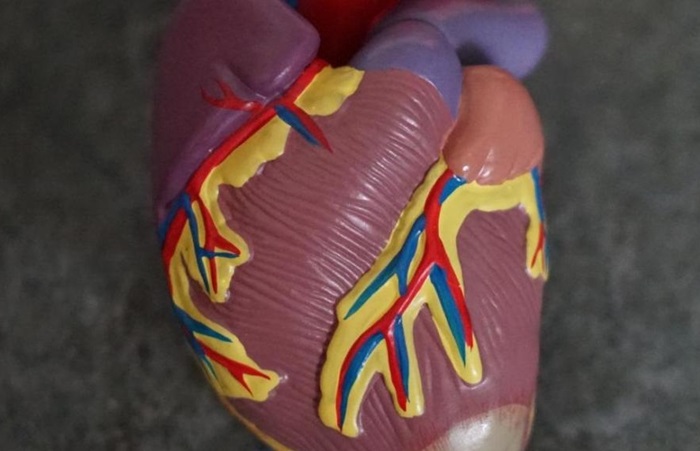
Cross-sectional Collaboration and Early Detection of Heart Failure
Tuesday 14 Jun 22
- Official Title: "The Cardio-relay Model for Cross-sectoral Ambulatory Treatment of Congestive Heart Disease based on Personal Health Technology"
- Period: 2022-2025
- Partners: Bispebjerg Hospital, Technical University of Denmark, University of Copenhagen, Cortrium
- Funding: 12 mDKK from the Innovation Fund Denmark
New project seeks to develop personalized health technology for early detection of heart failures and to reduce readmission.
Heart failure (HF) and atrial fibrillation (AF) a chronic heart diseases that affects a large part of the population in Denmark. That is, about 1-2% of the entire population, with a dramatically increasing prevalence in the elderly population, reaching 10% of patients over 85 years.
Treatment of patients with HF is complex and includes medicines and non- pharmacological interventions (training and teaching programs). It has long been demonstrated that early diagnosis and initiation of adequate treatment is of paramount importance to prevent rehospitalizations. Once the patients have completed their training programs and reach the target level of medication, they are empowered with skills to cope with the fluctuating deteriorations that often occur in heart failure. These patients can then be transferred from the cardiology outpatient clinic to further management in primary care, which has been demonstrated to be safe. Nevertheless, this requires numerous regular visits to the cardiologist outpatient clinic, which can be too strenuous for many patients. Such patients remain at home, under the management of primary care doctors and hindered from the supervision that empowers them to master their own disease, which likely explains differences between best capable and most challenged patients.
To address these problems in sub-optimal cardiology care, the CATCH project has been launched. This project page aims is to provide clinical, commercial, and technical evidence for the efficacy of the cardio-relay methodology for improving cross-sectoral diagnosing and treatment of heart failure (HF) and atrial fibrillation (AF).
Specific aims are:
- Define the cardio-relay treatment model in a detailed clinical protocol and establish national-wide consensus on its clinical applicability in a cross-sectoral setup.
- Design and develop a personalized mobile health technology product for heart rhythm monitoring along with monitoring of physiological, behavioral, and patient- reported data.
- Identify digital biomarkers and warning signs for the onset of severe adverse cardiology events (e.g. AF events, HF worsening) based on state-of-the-art machine learning and predictive mathematical modelling.
- Provide clinical evidence on the efficacy and cost-efficiency of the cardio-relay model from a randomized clinical trial (RCT) involving N=300 patients in a cross- sectoral deployment with the outcome measure to prevent 3500 yearly readmissions in Denmark.
- Prepare for technical and commercial scalability of the technology for national- wide implementation and commercial exploitation internationally by CE-marking of the mobile health product, leading to full market entry in +50 countries by 2025 starting with Europe.
The CATCH project builds on the results from the REAFEL project and is supported by the Innovation Fund Denmark.